
Chagoury, Linked to Abacha-Era Money Laundering, Lands $700M Port Contract With Tinubu Government

The Bola Tinubu regime is once again under surveillance following the award of a $700 million port renovation contract to ITB Nigeria, a company owned by Gilbert Chagoury, a billionaire businessman with a long history of money laundering, foreign campaign violations, and undue influence in Nigerian politics.
The project, which involves the reconstruction of Tin Can Island and Apapa ports in Lagos, was awarded without a competitive bidding process, a direct violation of Nigeria’s Public Procurement Law 2007, which mandates open competitive bidding for large-scale government contracts, especially those involving international financing or exceeding ₦100 million.
So far, the Bureau of Public Procurement (BPP) has not published any waiver or justification for the single-source selection of ITB Nigeria. The Ministry of Marine and Blue Economy, under which the project falls, has also remained silent on the criteria for the award.
Moreover, ITB Nigeria’s troubled labour practices are adding fuel to the fire. The June 2025 dismissal of over 150 workers following a protest at a Lagos site has been independently confirmed by multiple news outlets. Workers cited poor pay, lack of holiday compensation, and alleged discrimination by foreign supervisors. No official inquiry has been launched into the firings.
Meanwhile, President Tinubu’s long-standing association with Gilbert Chagoury continues to raise eyebrows. Chagoury, who returned tens of millions of dollars to Nigerian authorities after laundering funds for Sani Abacha, and later paid U.S. fines for campaign finance violations, has continued to enjoy elite status in Nigeria, owning numerous real estate, construction, and logistics companies through the Chagoury Group, which operates in close coordination with high-ranking Nigerian politicians.
Under Tinubu’s government, Chagoury-owned companies have been handed two of the most significant infrastructure projects in Nigerian history, the port reconstruction and the ₦15 trillion Lagos-Calabar Coastal Highway. Both contracts bypassed competitive bidding and environmental reviews and were awarded despite limited public disclosure and questionable technical qualifications.
Notably, both ITB Nigeria and HiTech Construction appear to have no previous track record in managing port infrastructure projects, a fact that the industry has many flagged as a significant oversight, if not deliberate favouritism.
The appointment of ITB Nigeria to oversee the critical port upgrade illustrates the deepening of patronage politics and oligarchic control under the Tinubu presidency. Tinubu has maintained a close relationship with Chagoury since his time as Lagos governor in the early 2000s.
This isn’t just about one contract or one businessman. It’s about whether Nigerians still control their economy, or whether a handful of politically connected families do.
As Nigeria’s economic crisis deepens, with inflation at 29 per cent, youth unemployment above 40 per cent, and external debt at record highs, many question why billion-dollar contracts are going to convicted foreign allies with no expertise and a trail of red flags.
This growing entanglement between Tinubu’s government and Chagoury’s empire threatens democratic integrity, procurement fairness, and Nigeria’s standing on the global stage.
President Tinubu came into power promising reform, growth, and transparency. But his administration is increasingly being defined by patronage, nepotism, and shady dealings with convicted tycoons.
With the 2027 general election already on the horizon, the question is no longer whether corruption exists; it’s whether Nigeria’s institutions are still strong enough to confront it.
Read More:
- Niger Unveils Upgraded Version Of Locally Made IFVs As Part Of Sahelian Push For Defence Autonomy
- Tinubu’s ₦712 Billion Lagos Airport Renovation Exposes Nigeria’s Spending Crisis—Costs More Than New Terminals Abroad
About The Author
Related Articles
Three Doctors Suspended as Medical Council Probes Death of Chimamanda Adichie’s Son
Nigeria’s medical regulatory authority has taken the rare and serious step of...
ByWest Africa WeeklyMarch 4, 2026Night Gunfire Near Presidential Palace Sparks Tension in Ouagadougou
Gunshots were heard late on the night of February 28 into March...
ByWest Africa WeeklyMarch 3, 2026Uganda to Start Domestic Gold Purchasing Programme to Boost Reserves
Uganda’s central bank has announced plans to launch a domestic gold buying...
ByWest Africa WeeklyMarch 3, 2026Ghana’s Cedi Expected to End 2026 Around GH¢12.85 to the Dollar
The Ghanaian cedi is projected to hold relatively steady against the United...
ByWest Africa WeeklyMarch 3, 2026


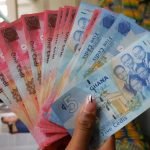

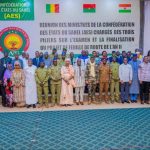


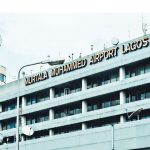
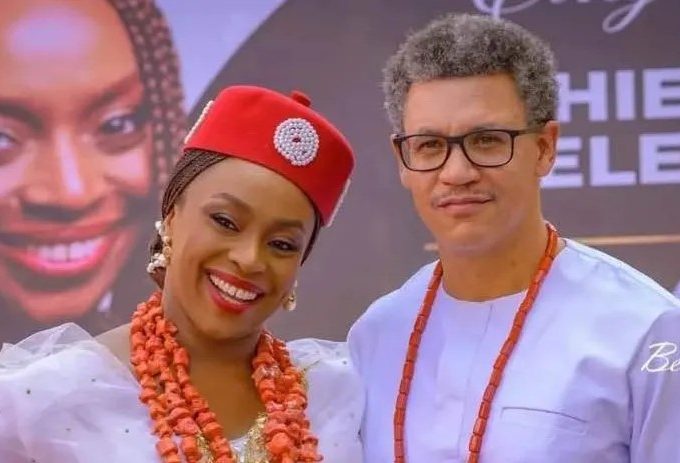


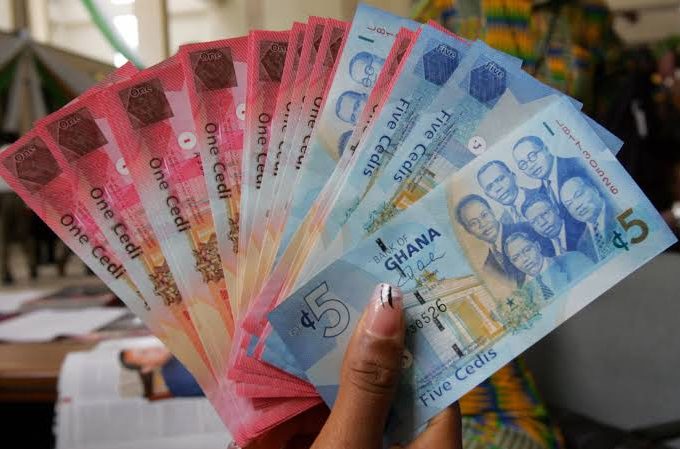
Leave a comment